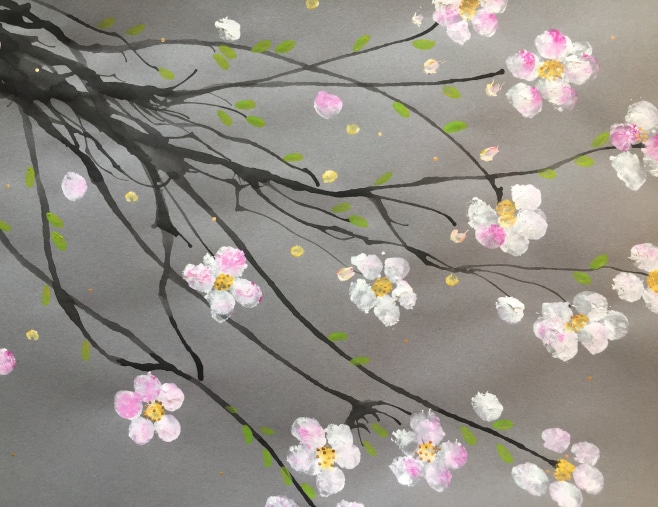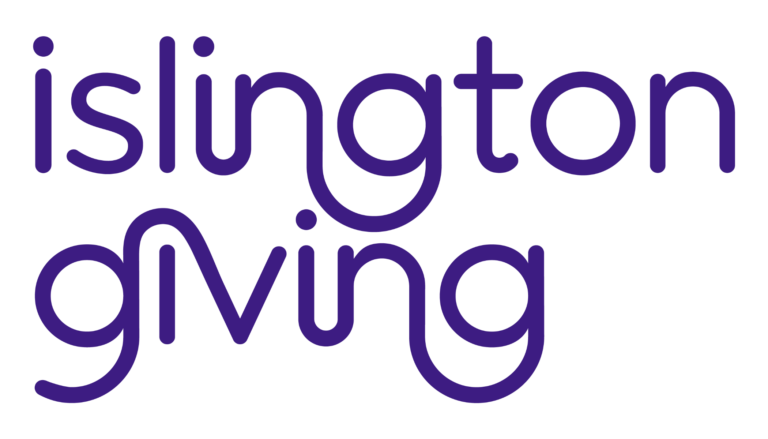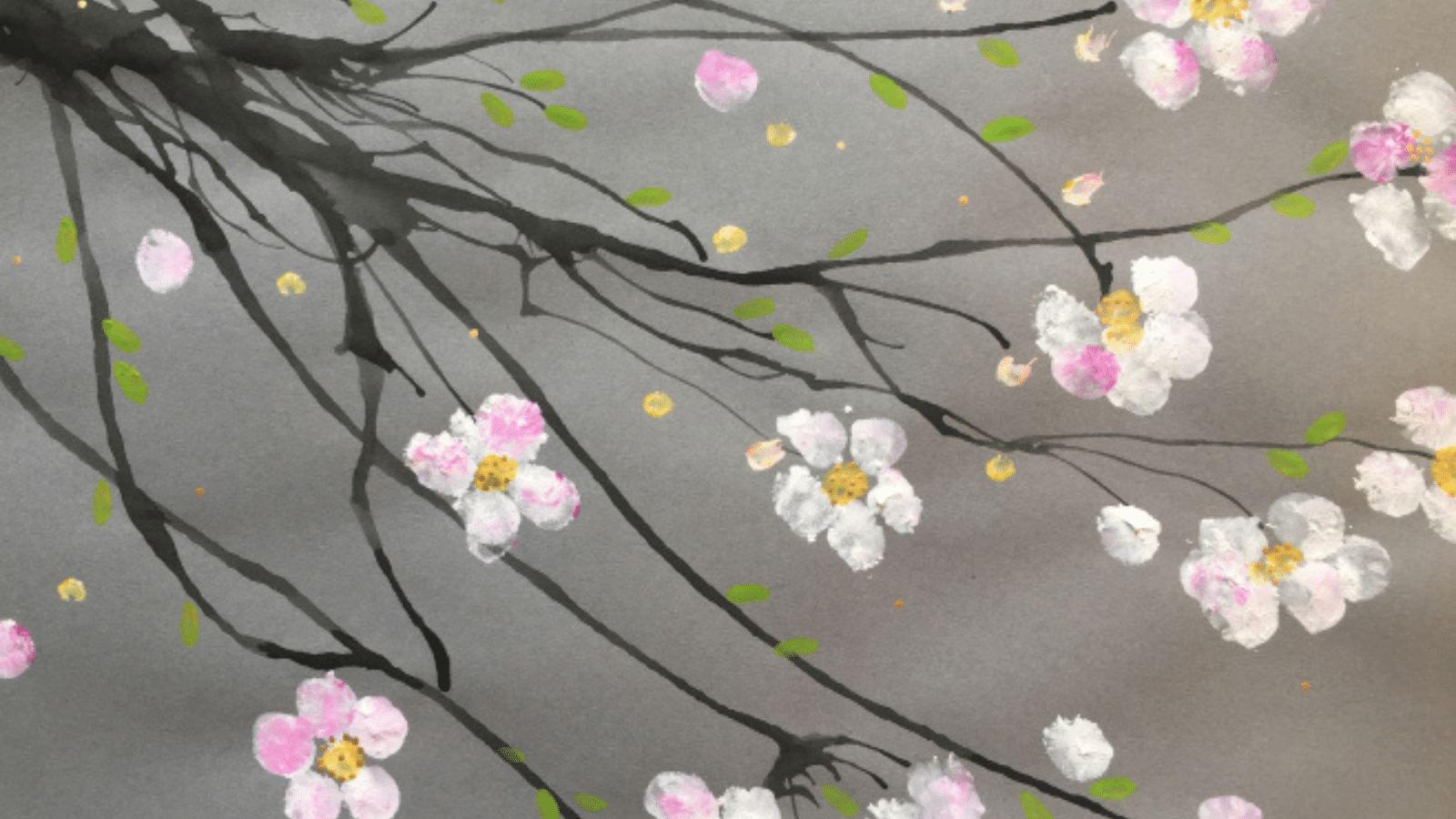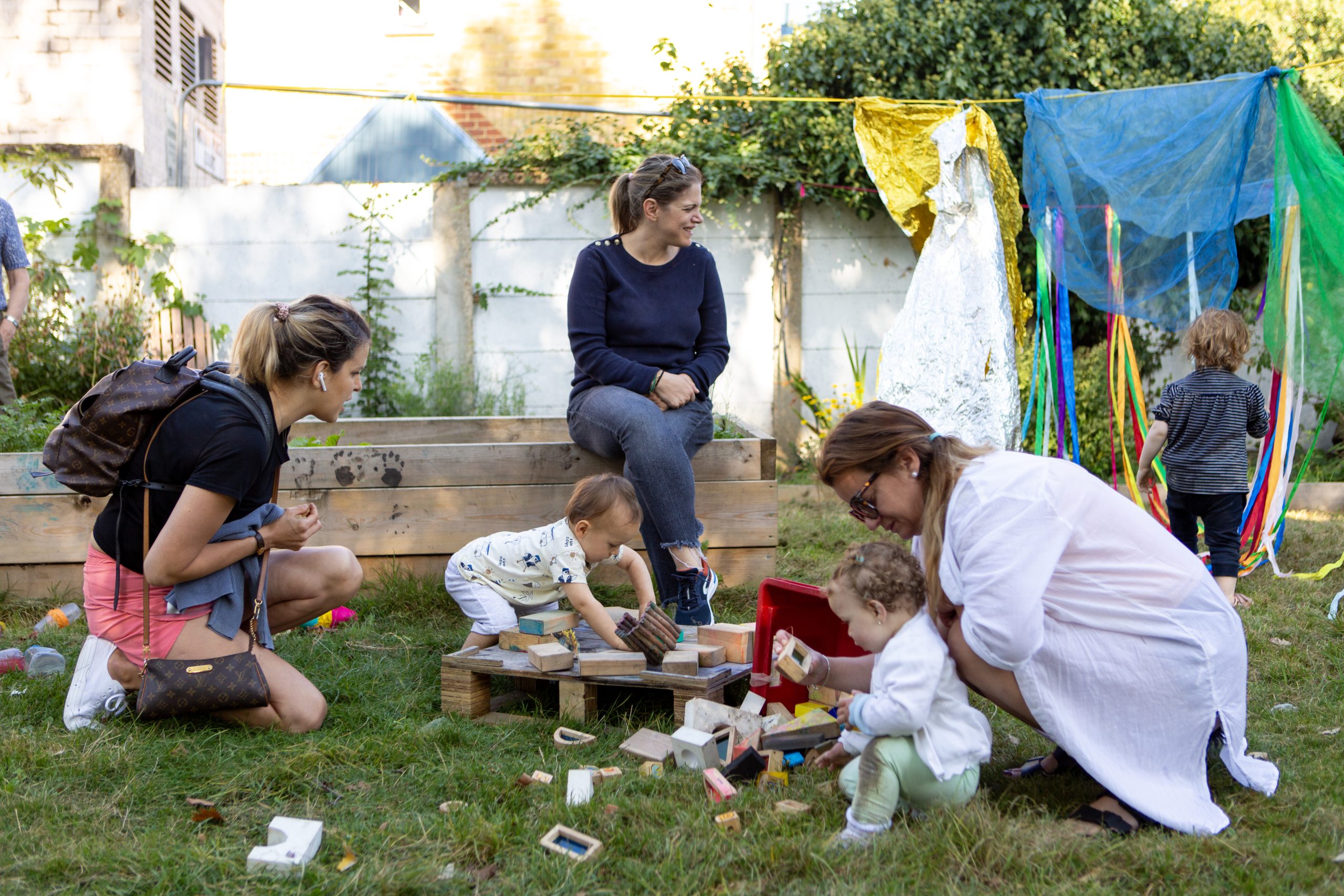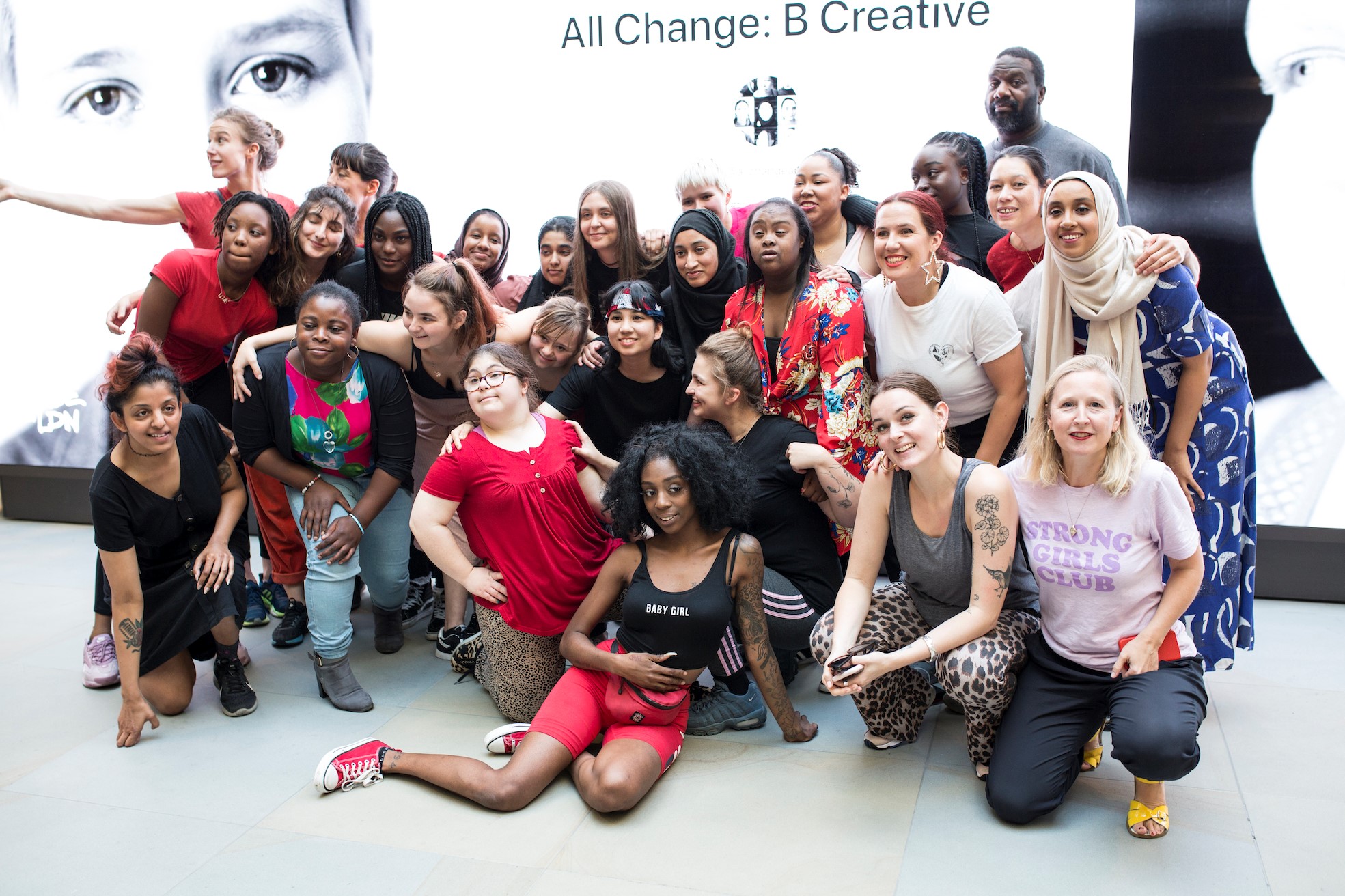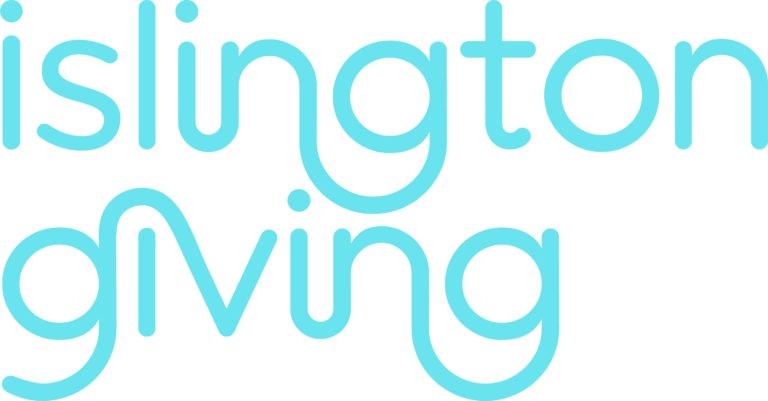Islington is home to people from everywhere and we recognise that refugees and migrants who can be in vulnerable situations make up an essential part of the borough.
Our partners at the Islington Centre for Refugees and Migrants (ICRM) work to create a strong, positive community in Islington for people who have been displaced from their countries of origin due to persecution, war, and poverty. “We work mostly with asylum seekers , but we do have people that have recently got a refugee status and a small number of non-refugee migrants as well”, explains Andy, CEO at ICRM.
For Refugee Week 2021, we talked to Andy to understand how the Centre has been supporting refugees and migrants in Islington during the last few months and about the future of the centre in a post-pandemic world.
“We are still delivering online and by phone”, explains Andy. But in terms of digital inclusion, things have improved significantly, “last time we spoke [September 2020] we were half-way through. Some people had never used a smartphone, others didn’t use the internet and we had to rely a lot more on phone and sending support packages (including food vouchers, mobile phone top-ups and transport allowances)”, recalls Andy. “Now, almost all of them are coming online…”.
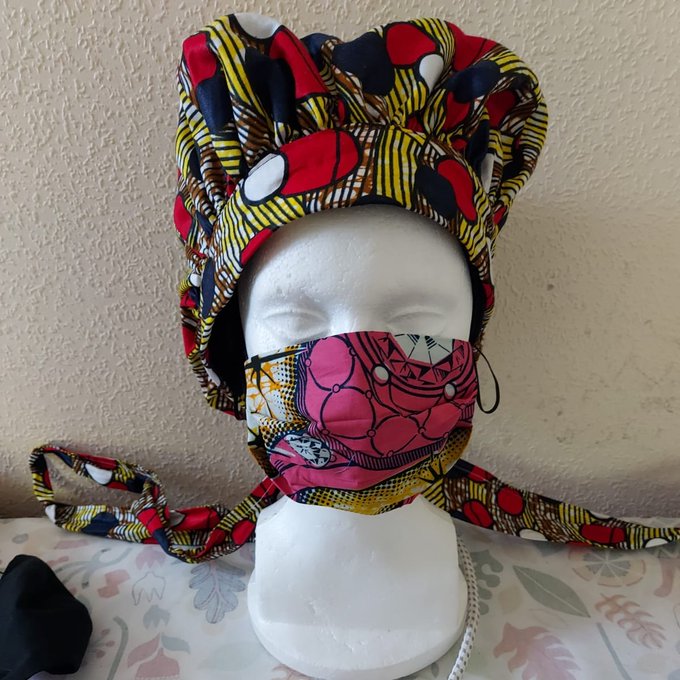
A mask made by H, who is a dressmaker from the Democratic Republic of the Congo who wants to study fashion in the future. Islington Centre for Refugees and Migrants
The Centre ran a digital pilot during the last few months of 2020 and realised that people responded really well. In fact, “by December we had more people than we had met face-to-face beforehand, so it was a really interesting experience for us. And from January until now it has really just gone up”, explains Andy. Thanks to the fast digital uptake, the Centre is now able to offer a variety of services and activities, English classes, book groups or support calls through WhatsApp.
At the same time, people do want to come back to the Centre to build up community. ICRM are trying to work out a hybrid model of both worlds from September onwards, as Andy says: “without compromising the good work that has been done online and without investing everything in person just in case there’s another lockdown, but also because we have a wider reach now”. And he goes on, “People who are now being rehoused to another area are still able to access us in a very easy way. Whereas before the pandemic, if someone was rehoused it usually meant that we couldn’t get in touch with them anymore”.
Vaccination programme
The team at ICRM have also been supporting the vaccination rollout in the borough. “We have had a series of talks from a qualified doctor who has outlined the research, looking at it from a community social perspective. We also had really interesting Q&A sessions which have in some cases led to the barriers to be dropped and for people to be much more accepting of the vaccine”.
Self-expression and creativity
“One thing that we used to do when we were physically open was sewing and knitting sessions were people could express themselves”, explains Andy. Many of ICRM’s clients have continued to express themselves in creative ways. You can find two examples below. “Painting Water” by ‘K’ written as part of ICRM’s online Art and Writing classes, and a mask made by ‘H’, who is a dressmaker from the Democratic Republic of the Congo who wants to study fashion in the future.
